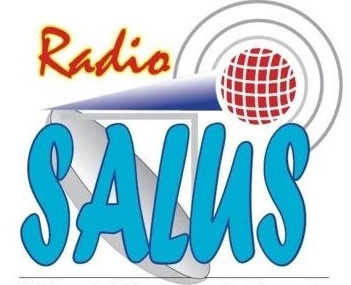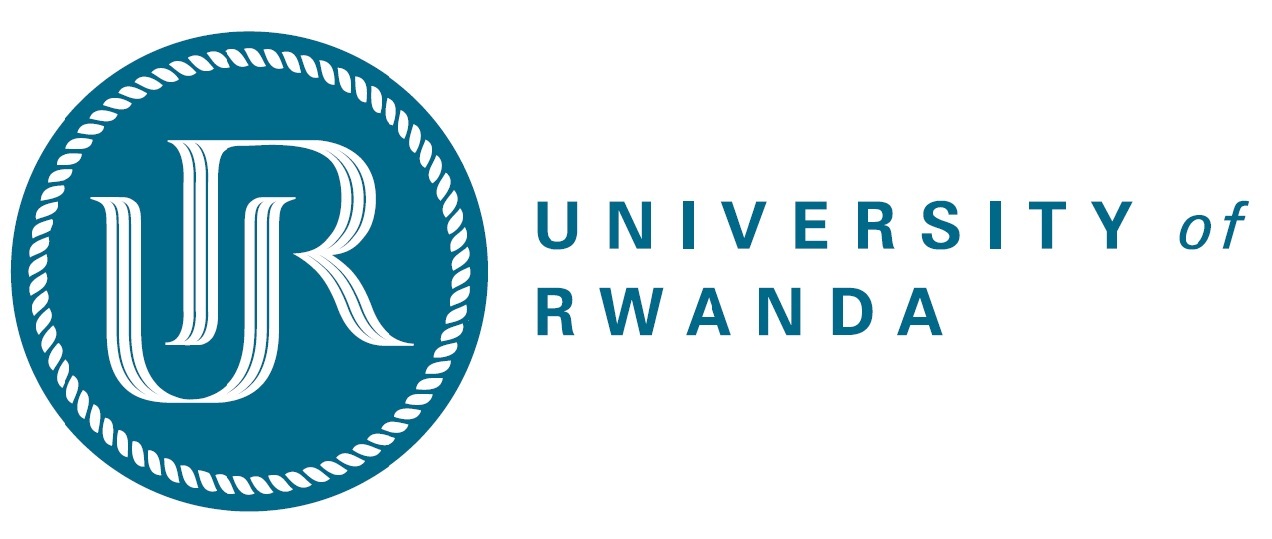About Radio Salus
Huye Transmitting Site
By the time Radio Salus was officially inaugurated in November 2005, 26 students and NUR tutors had completed the first training session organized by UNESCO and funded by the Japanese Government.
By November 2008, 102 journalists had received training through Radio Salus; many students continue to work there as trainee journalists.
Upon graduation, the received training allows many of these students to have a competitive advantage while seeking employment as journalists.
A National University of Rwanda staff explains how Radio Salus contributed to NUR students' experience:
"When you meet some second-year students, you can't believe they're only in second year because they already know how to report and to deal with news. When they reach their third or fourth year, they are really skilled, mainly because of Salus. So, it is very, very enriching."
On the top of its impact on NUR students and its overall capacity building goal, another primary objective of the Radio Salus project is to enhance democracy in Rwanda by providing a new outlet for freedom of expression and the free flow of information.
Training of students and professionals at the radio station has become a key determinant in diversifying media programming
in Rwanda and in building confidence in private radio as a viable means of mass media.
Because of its good reputation, Radio Salus is one of the top three most listened radio stations in the country, and it has become a platform where a range of issues are debated.
Equally significant is the fact that Radio Salus is the only independent radio station with permanent correspondents in at least two regions of the country.
In addition, the amount of original informational and educational programming the station
produces is outstanding, and the variety of programmes is unparalleled in Rwanda: each week more than 25 different programmes are broadcast 24 hours a day, 7 days a week, primarily in Kinyarwanda, but also in Kiswahili, English and French.
The Radio Salus programmes include education, agriculture, health, economy, Rwandan history, news, women program, sports, etc.
Radio Salus has also managed to empower Rwandan youth, women and disabled people.
Through its educational programmes on economy, environment, health and history, it has become a socio-economic development tool for many Rwandans. For example, Radio Salus has contributed to educating local small businessmen and women on how to advertise their products and services.
In addition, it has also supported and promoted young artists by giving them the opportunity to publicise their new songs.
Another very important element about Radio Salus is that it was the first radio station in the country to have blind personnel.
This has allowed a platform where disabled people feel included and can address issues relevant to their daily life and struggles.
Thus, Radio Salus gives a voice to people with disabilities, such as the blind, who usual do not get an opportunity to get their voices heard and are neglected by the rest of the public. By employing blind persons, Radio Salus sent a clear message against discrimination, reminding that everyone in the community should be given equal consideration with no exception.
Radio Salus has become a symbol of a successful community radio that plays an instrumental role in Rwanda in different ways.
This success story illustrates the ability of a radio station to transform not only its community, but the country in its whole.

